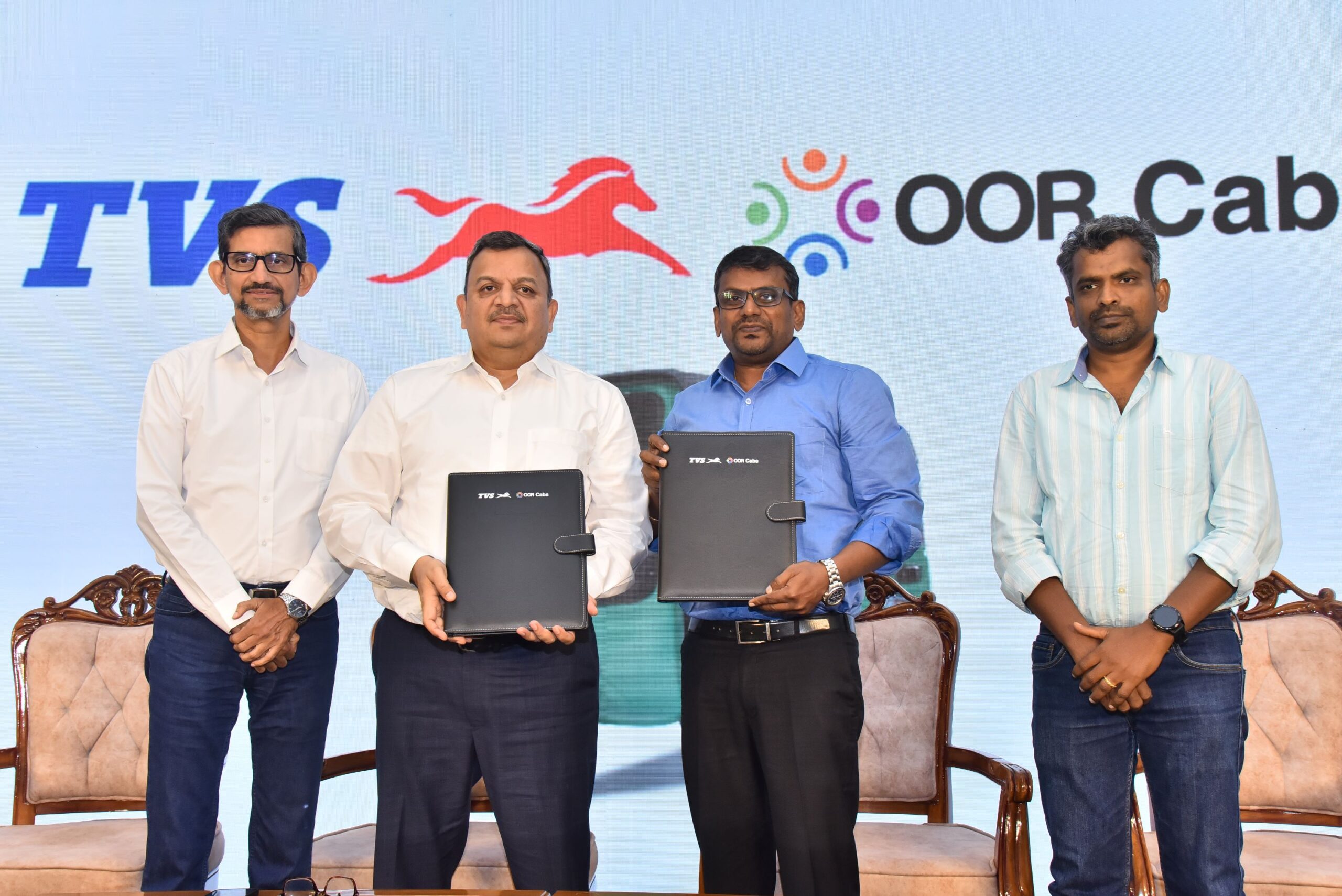Trending Now
- “If Edappadi Palaniswami permits, a thousand young members from the Virudhunagar district AIADMK are prepared to take up arms and engage in battle under my command.” – Former AIADMK Minister Rajendra Balaji
- “India is ready to deal with any counter-attack by Pakistan” – Wing Commander Vyomika Singh
- Central govt orders extension of CBI Director Praveen Sood’s tenure for another year
Coimbatore
43% of MSME Loans in Tamil Nadu Directed to Manufacturing; Private Banks Lead with 39% Share
![]() May 24, 2025
May 24, 2025
Coimbatore shows robust credit activity with private banks accounting for 45% of MSME loans and 48% of lending directed to manufacturing.
Tirupur, a textile export hub, stands out with 75% of MSME lending focused on manufacturing—led by packing credit (36%)—and 46% of borrowers rated low-risk (CMR 1–3)
Coimbatore, May 23, 2025: Tamil Nadu continues to be a powerhouse of MSME credit activity, with 43% of loans by value disbursed to the manufacturing sector, according to the latest MSME Pulse Report (May 2025) by TransUnion CIBIL and SIDBI. The state is a key contributor to India’s ₹35.2 lakh crore MSME commercial credit portfolio, which grew 13% year-on-year as of March 2025. Private banks dominate Tamil Nadu’s MSME lending ecosystem with a 39% share, offering strong support for industrial and export-led enterprises.
Across key industrial districts, lending patterns reflect both diversity and depth. Coimbatore shows robust credit activity with private banks accounting for 45% of MSME loans and 48% of lending directed to manufacturing. Chennai, a service and industrial hybrid hub, sees 44% of loans from private banks, with 31% of credit flowing to manufacturing and 26% toward long-term capital. Tirupur, a textile export hub, stands out with 75% of MSME lending focused on manufacturing—led by packing credit (36%)—and 46% of borrowers rated low-risk (CMR 1–3). In Madurai, the lending pattern shifts slightly—trade leads at 36%, PSBs hold 34% share, and 48% of borrowers fall under the moderate-risk CMR 4–6 band.
With a lending base skewed toward long-term business investment and a strong manufacturing orientation, Tamil Nadu remains a critical state in the formal credit-led growth of India’s MSME sector.
Small Industries Development Bank of India (SIDBI) Chairman and Managing Director Manoj Mittal said: “The MSME sector plays a crucial role in generating employment opportunities and contributes to export growth. Though the credit flow to the sector has improved over the years, the sector still has an addressable credit gap. Providing support to MSMEs can help the sector’s growth and aid the overall economic growth of our country. By fostering innovation, enhancing skill development programs and improving access to financial resources, we can empower MSMEs to become more competitive on a global scale. This in turn will bolster the sector and drive sustainable economic development and inclusive growth across the nation.”
TransUnion CIBIL MD and CEO Bhavesh Jain said: “For MSMEs to achieve sustainable growth, it is imperative that they receive assistance in accessing formal credit and guidance in debt management. Additionally, fluctuations in the business cycle affect these enterprises disproportionately, as they often lack the financial reserves or support necessary to navigate adverse conditions. Therefore, it is crucial to extend support to this sector and equip them with tools for effective financial management.”























